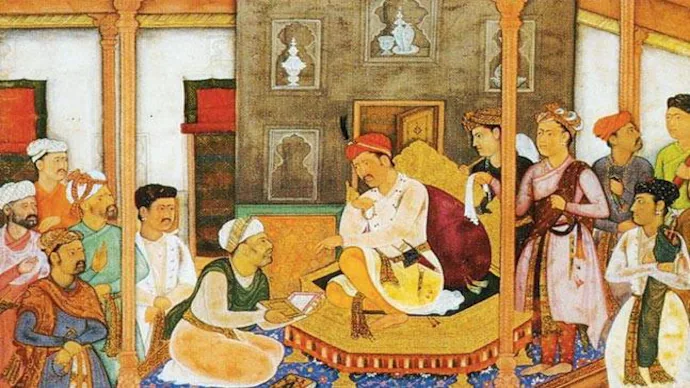Reconstructing past events and deeds, in other words, rewriting history is not an easy task. It is fraught with risks. The danger that the task poses is misrepresentation and misinterpretation of facts that distort the truth and give a coloured vision of what happened in the past because there will be gaps in the narration of events which are bound to occur. In many cases, writers of history or those tasked with presenting history betray a bias that is a reflection of their prejudices and vested interests. They become too eager to present past events to suit the interests of their masters or those who commission them to reconstruct historical events. This process is not new. History in India has always been written top down, from the perspective of the rulers, mostly ignoring the common citizen. It was also done during the colonial period by many historians who used available material to dish out a narrative preferred by the colonialists. This tradition, it seems, is being continued in post-Independent India too. Historians owing allegiance to the ruling dispensations project history to serve the interests – both ideological and material – of the ruling elites. The malaise is deep-rooted since writing history in the correct sequences while taking every possible angle presupposes objectivity, dispassionate portrayal of facts and a scientific temper. Whenever these difficult criteria are not met, a pseudo-history is reconstructed.
The same process is now being repeated by the National Council of Education Research and Training (NCERT) which has removed certain chapters from history textbooks for Central Board of Secondary Education (CBSE) students. The NCERT’s move to remove sections on the Mughal Empire from Class 12 history books has not only sparked a controversy and triggered widespread criticism from noted historians and Opposition political parties but is also bound to create confusion for students in the future.
The NCERT has specifically targeted chapters on ‘Kings and Chronicles ; the Mughal Courts (C. 16th and 17th centuries)’ from the book ‘Themes of Indian History-Part II’ and the topics of Central Islamic Lands, Confrontation of Cultures, and The Industrial Revolution from the Class 11 syllabus. From the Class 12 Civics book, Politics in India since Independence, the chapters – ‘Rise of Popular Movements’ and ‘Era of One-party Dominance’ – have been erased. Chapters such as Democracy and Diversity, Popular Struggles and Movement, and Challenges to Democracy have been removed from Class 10 Democratic Politics-II textbooks.
Such a one-sided approach to history has been criticised by many, including a group of 250 eminent historians from leading Indian and foreign universities. These include historians Romila Thapar, Jayati Gosh, Mridula Mukherjee, Apoorvananda, Irfan Habib, and Upinder Singh. They find the NCERT decision appalling.
The process initiated by NCERT is contentious enough and the political intent is too obvious. It is in line with the ruling BJP’s politics of religious polarisation. Topics such as the history of the Mughal courts, the Gujarat riots in 2002 and the Emergency have been dropped from Social Science, History and Political Science textbooks of Classes 6 to 12. It goes without saying that one-sided accounts of history promote falsification of narrations.
Removing parts of history are also bound to create confusing gaps. For instance, if there is no clarity on the existence of Mughals then who would Aurangzeb’s maternal uncle Shaista Khan be and who did Shivaji fight against at Pune in 1659? Similarly, the bravery of Maharana Pratap must not be erased. However, if there was no trace of Emperor Akbar, then the Battle of Haldighati fought on 19 June 1576 would not be mentioned as an actual event in history. There are many such similar events which would become rootless if the Moslem Mughals are obliterated from history. In other words, removing the Moslems would also result in removal of a large chunk of Hindoo history. That would definitely give future students a lopsided and incomplete picture of the greatness of this land.
It is only imbecile minds governing us which can think of tinkering with history in such a big way. No generation should have the audacity to defile, pervert and deface history for the next generations. This brings to mind a saying that goes : ‘We do not inherit this Earth from our ancestors. We borrow it from our children.’
